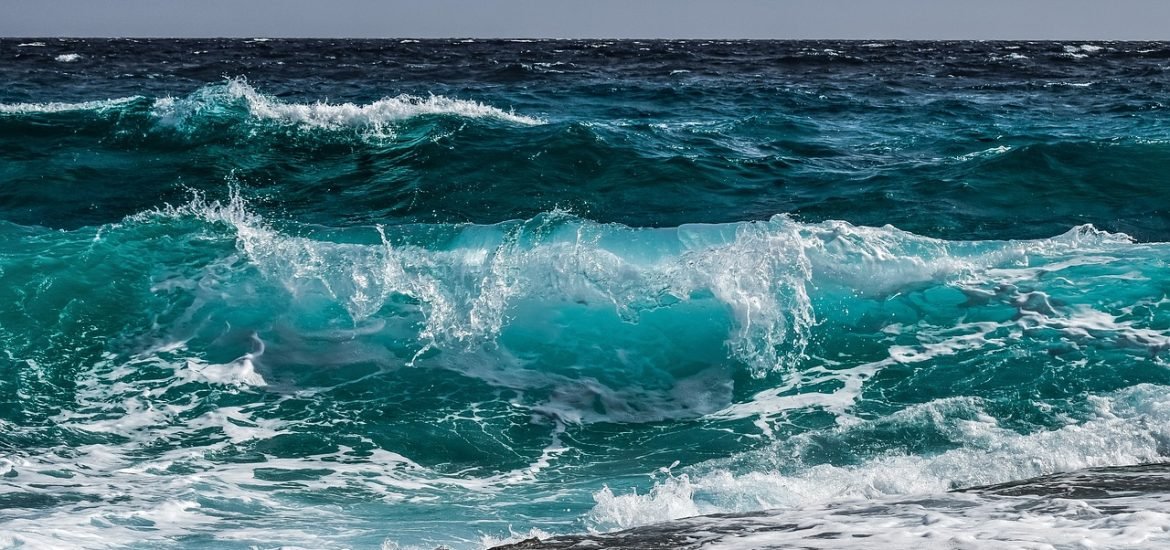
Researchers assess how extreme weather events, such as storms and cyclones, affect water circulation in the tropical Pacific, according to a study published in Climate and Atmospheric Science.
It’s well known that the strength of the wind influences the circulation of water in the oceans. The frequency of extreme weather situations — such as storms and cyclones — will change in the future due to climate change, which in turn will affect ocean circulation. This is known as Atmospheric Synoptic Variability (ASV).
Using a computer model, researchers from the GEOMAR Helmholtz Centre for Ocean Research Kiel, Germany, investigated for the first time how these weather changes alter the Pacific basin. “It is not enough to look at average atmospheric properties, such as mean wind speeds, to understand the influence of climate change on the ocean,” says Dr. Olaf Duteil, “it is crucial to consider the cumulative effect of short-term changes in weather patterns to get a complete picture.”
The researchers predict that future climate changes in ASV will affect the mixing of the ocean’s layers, as a higher or lower amount of kinetic energy into the ocean will lead to more or less water mixing respectively. The computer model predicts that a reduction in ASV in subtropical areas will cause a shallowing of the mixing layer, while it will get deeper as it approaches the equator.
If these changes in ASV occur due to climate change, they could have large-scale consequences. Mid-latitudes and equatorial latitudes are connected via superficial ocean water pathways. These are driven by winds coming north and south of the equator, which regulate the upwelling of equatorial waters and play a key role in determining the water temperature and productivity in the tropics.
This study highlights the need to understand what factors affect ASV, as any changes significantly impact ocean circulation. “This quantification should be used to improve our confidence in projections of future climate, especially when analysing large ensembles of climate models,” concluded Duteil.
Duteil, O., Park, W. Future changes in atmospheric synoptic variability slow down ocean circulation and decrease primary productivity in the tropical Pacific Ocean. npj Clim Atmos Sci 6, 136 (2023). https://doi.org/10.1038/s41612-023-00459-3